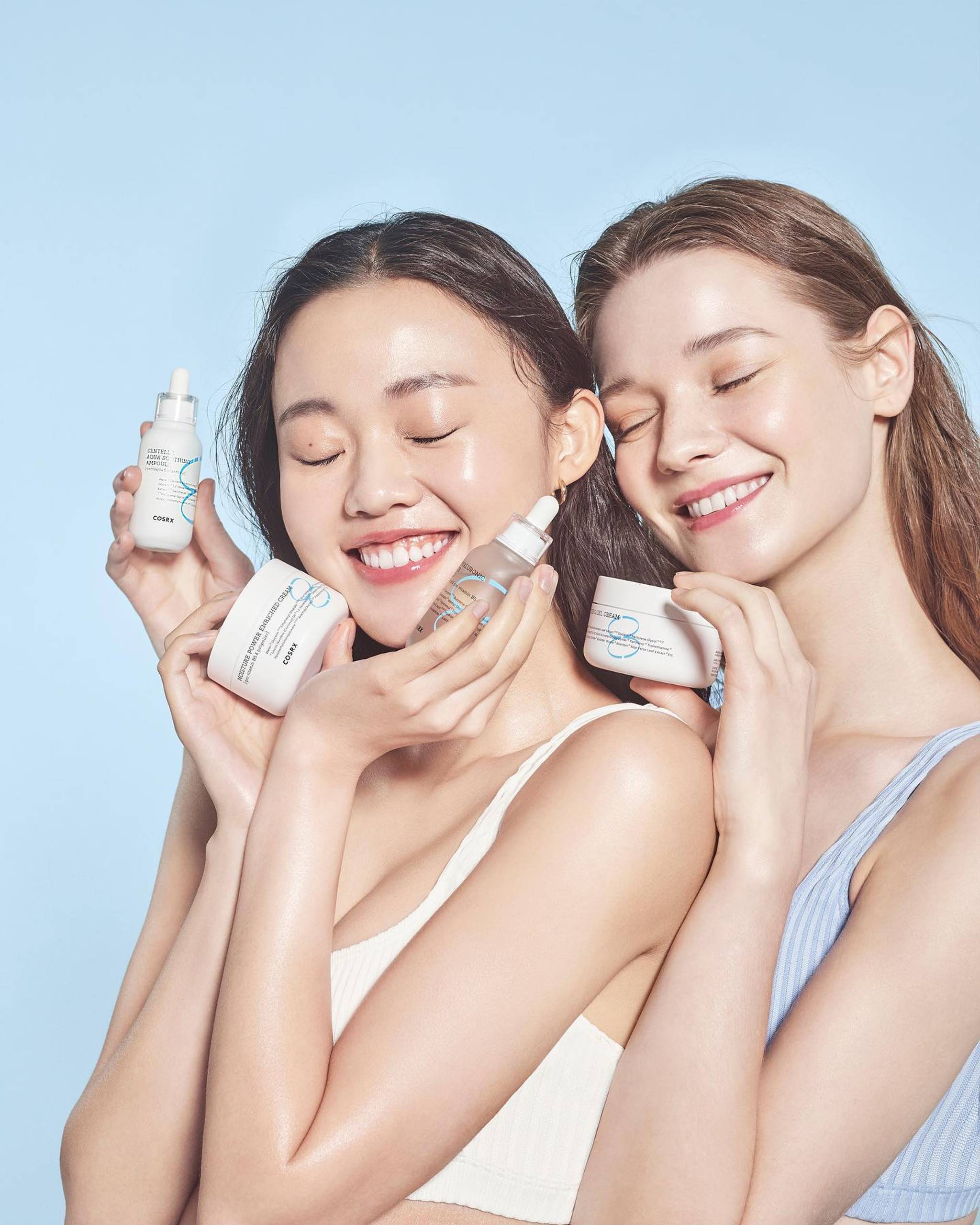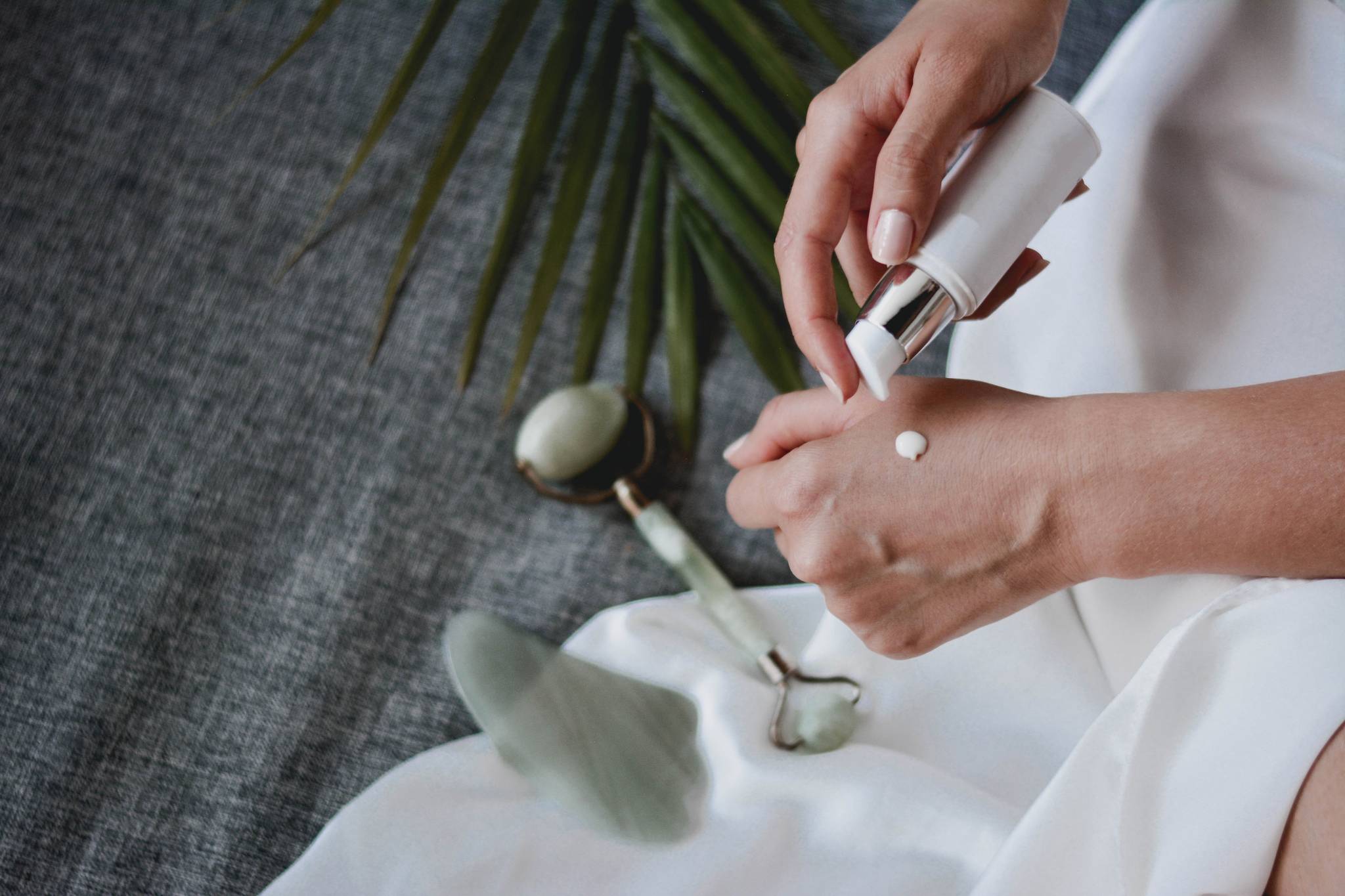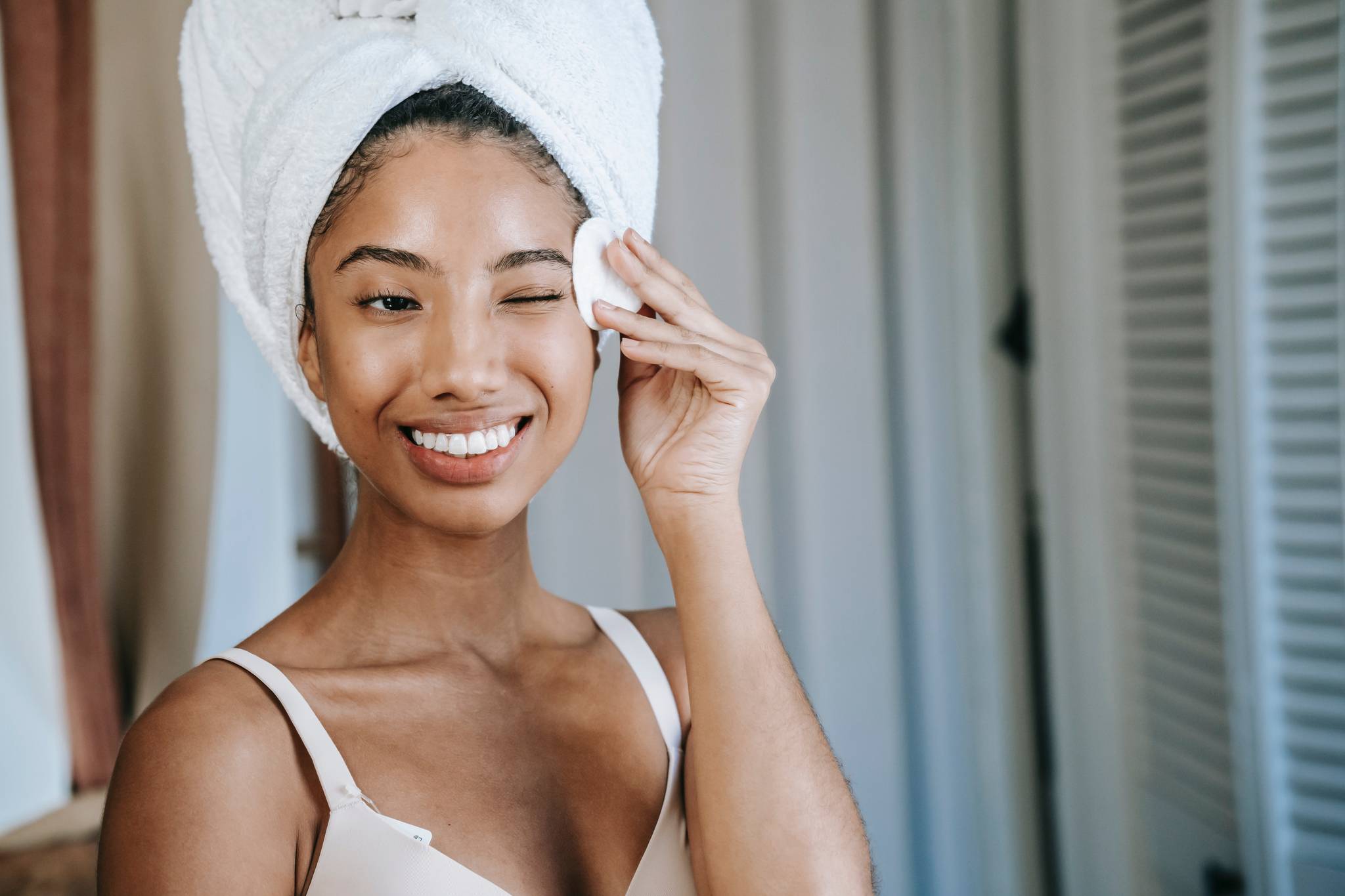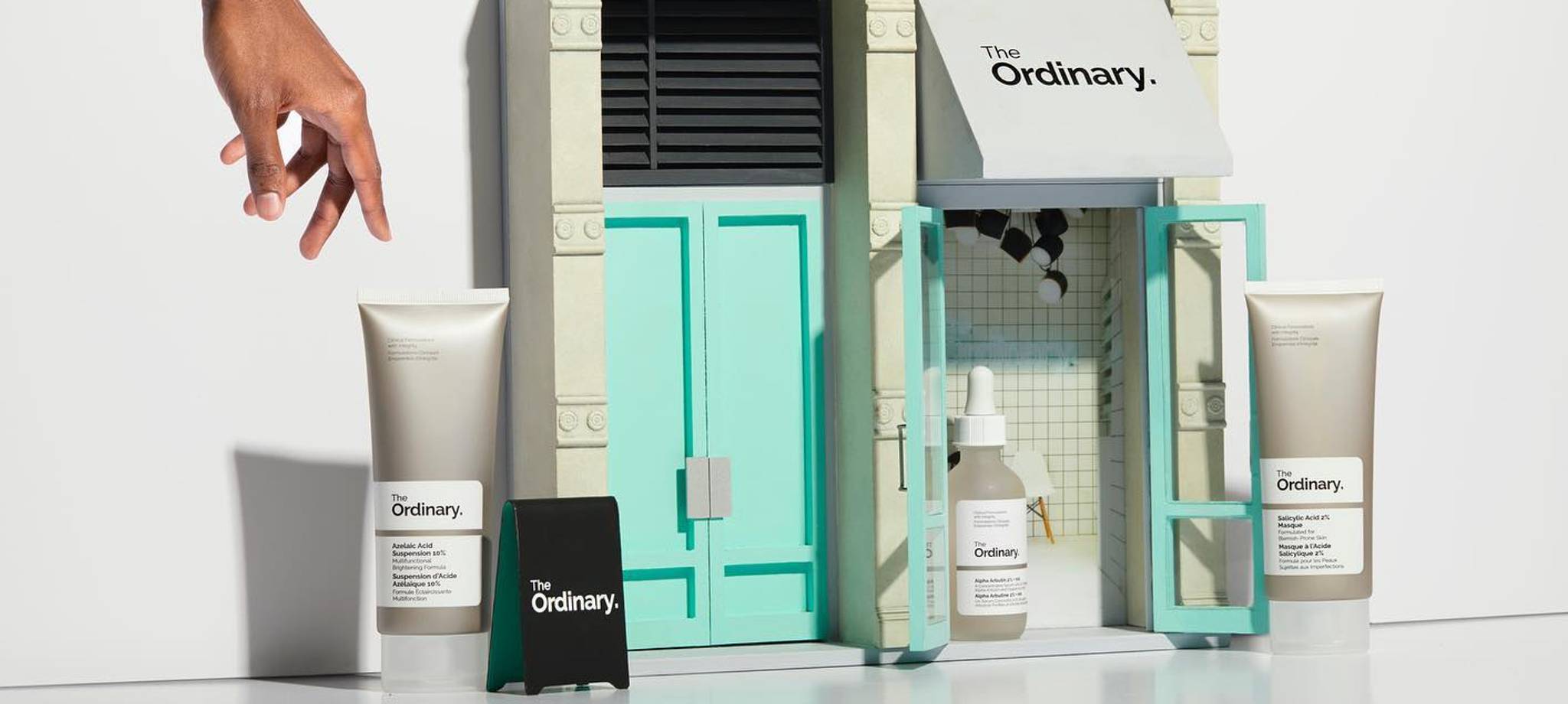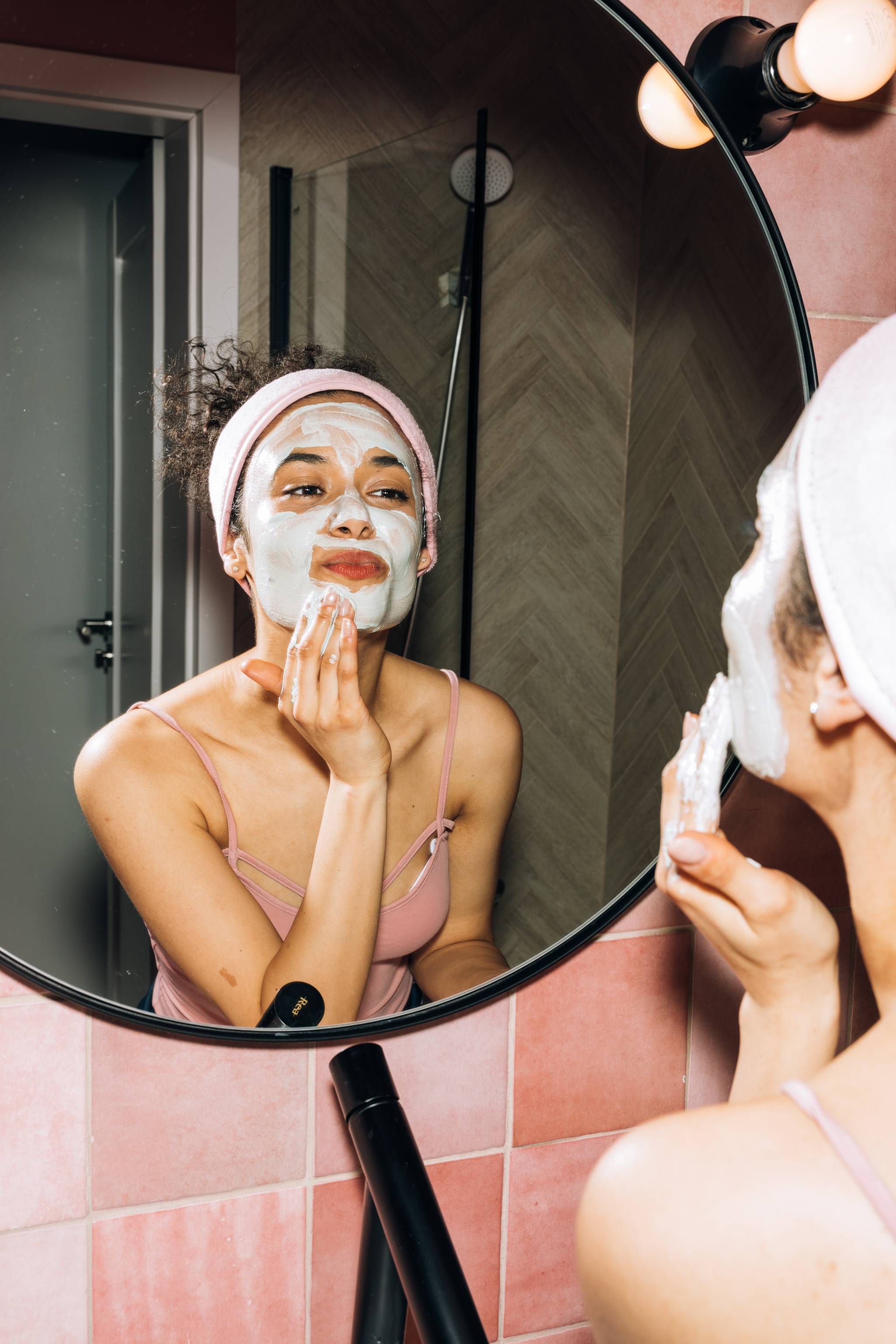
As an overwhelmed, trend-fuelled skincare landscape sees new celebrity brands pop up left, right, and centre, many of our famous friends have sniffed out an opportunity to capitalise on skincare's growing consumer interest. But can these drops work for modern consumer expectations?
If you’ve ever landed on the beauty side of TikTok, chances are you'll have come across the #cleangirl aesthetic that favours simplicity and a natural approach to make-up trends. Compared to past generations of youth, Gen Z’s aesthetic ideals are low-key, pursuing an inside-out, natural glow from within. But, despite a general move towards casual unfiltered ‘realness’ – as evidenced by the astronomical rise of BeReal among Gen Zers – the pursuit of perfection persists, this time in the form of effortlessly curated beauty. Like every iteration of the ‘no make-up’ make-up trend that has ever existed, the minimalist look requires maximalist investment, meticulous research, rigorous routines, and a plethora of products.
With social media, beauty is no longer relegated to the realm of esoteric knowledge; beauty buffs and self-proclaimed ‘skintellectuals’ are seeking out products that work for their needs, paying scrutiny to ingredients. Over the pandemic, the self-care movement gained traction and wellness has now come to rule the new beauty landscape: the global skincare market is projected to reach $213.36 billion by 2028.
And these figures and trends have made skincare a lucrative business. It’s hard to miss celebrity after celebrity churning out skincare lines at breakneck speed: think Brad Pitt, Jared Leto, Alicia Keys, Ariana Grande, Hailey Bieber, Millie Bobby Brown, Ellen Degeneres, Harry Styles, Scarlett Johansson – the list goes on and on. Celebrities with no prior interest or experience in skincare are launching lines at prices well beyond the reach of the regular consumer – and being called out for it.
Jared Leto’s Twentynine Palms is a glaring example of a celebrity’s dalliance with skincare, complete with flowery prose that says so much but promises so little.
The 11-piece beauty line, which includes a $97 eye cream, manages to hit all the buzzwords – like greenwashing, but specific to skincare. “I’ve never been really interested in beauty products,” said Jared Leto in an interview with Vogue, seemingly negating the whole point of launching a brand in the beauty space. And in the era of ‘skintellectuals’ and values-led consumers, who are much more likely to be influenced by peer-to-peer recommendations, the traditional celebrity endorsement is no longer enough. People need to know there’s expertise or, at the barest minimum, an interest in what’s being sold to them.
“Make-up is something that you can see. Skincare is something you can’t – it’s an invisible investment,” says Renée Chow, who runs Gothamista, a skincare Instagram page. “Most of these celebrity lines are just not that appealing to me. I gravitate toward specially formulated skincare, and a lot of these products are just contract manufactured.”
Successfully filling this space are brands like The Ordinary, bringing authenticity to skincare with science-backed, easy-to-use, and affordable products – proved by its near cult-like following among beauty gurus. It’s authentic in other ways too, calling out the aforementioned celebrity actions on social media.
The majority of celebrity skincare brands seem to be geared towards being money-makers rather than providing substance and value within their products. Rather than adding to the already-saturated market, celebrities and influencers who invest in meaningful, innovative, and existing brands may find greater success in proving, to an ever-discerning audience, their commitment to the betterment of the beauty and skincare industry.
Dua Lipa, for instance, has recently invested in Dizziak, a company that addresses the needs of diverse hair textures, while Nicole Kidman is an investor and ambassador for vegan haircare brand VEGAMOUR, which supports women-owned businesses in disenfranchised communities. Just because celebrities can easily launch a beauty brand, doesn’t mean they should. If the rate of such brands entering the market continues at this breakneck speed, celebrity skincare is in danger of becoming the next iteration of fast fashion.
